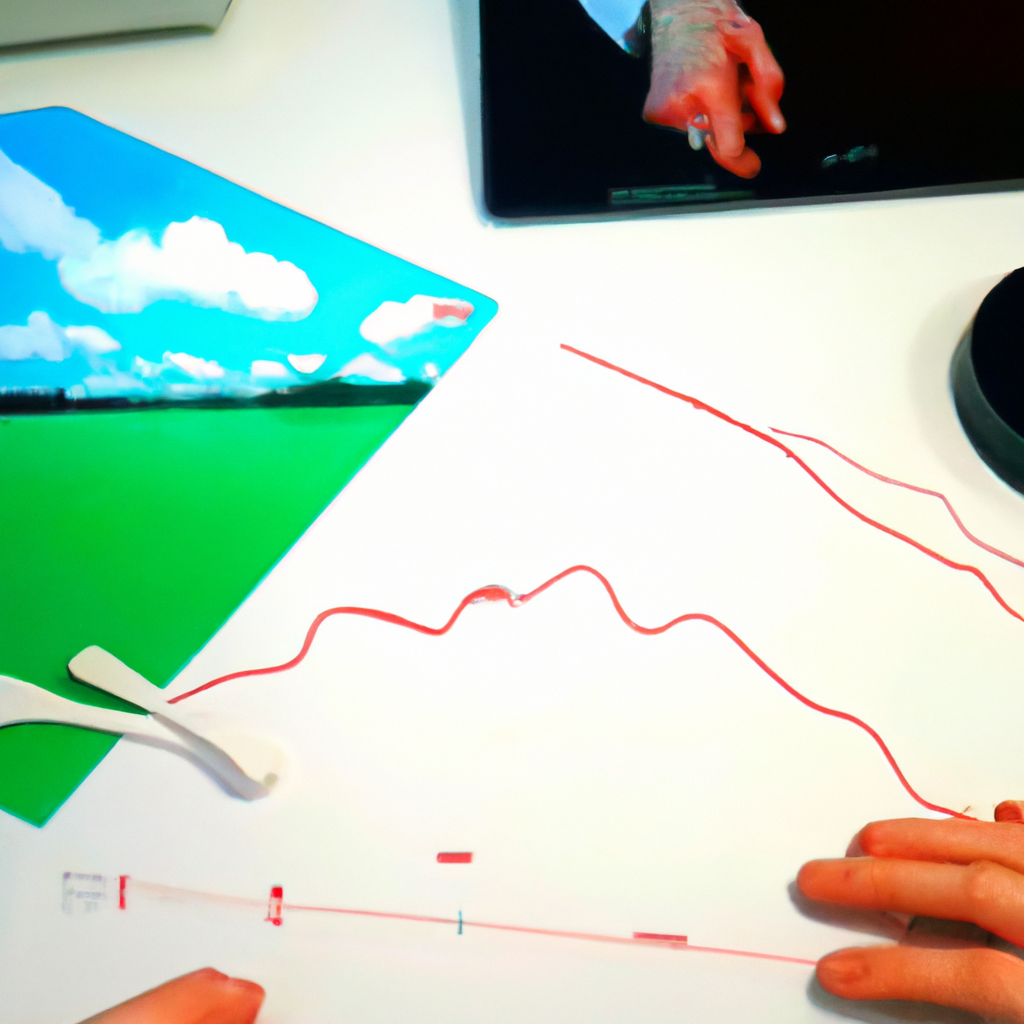-
Reading Roadmap
- Understanding Hypoglycemia in Elderly Type 2 Diabetes Patients on Insulin Therapy: Findings from the HYPOAGE Cohort Study
- Key Takeaways
- Introduction: The Challenge of Hypoglycemia in Elderly Diabetes Patients
- Understanding Hypoglycemia: A Common Complication
- The HYPOAGE Cohort Study: Key Findings
- Managing Hypoglycemia: The Importance of Individualized Care
- FAQ Section
- What is hypoglycemia?
- Why are elderly patients with diabetes at higher risk of hypoglycemia?
- What were the key findings of the HYPOAGE Cohort Study?
- How can hypoglycemia be prevented in elderly patients with diabetes?
- What further research is needed on this topic?
- Conclusion: Towards Better Management of Hypoglycemia in Elderly Diabetes Patients
- Key Takeaways Revisited
Understanding Hypoglycemia in Elderly Type 2 Diabetes Patients on Insulin Therapy: Findings from the HYPOAGE Cohort Study

[youtubomatic_search]
Key Takeaways
- Hypoglycemia is a common complication in elderly patients with type 2 diabetes on insulin therapy.
- The HYPOAGE Cohort Study provides valuable insights into the prevalence and risk factors of hypoglycemia in this population.
- Identifying and managing risk factors can help prevent hypoglycemia and improve patient outcomes.
- Individualized treatment plans are crucial for managing diabetes in elderly patients.
- Further research is needed to develop effective strategies for preventing hypoglycemia in elderly patients with type 2 diabetes.
Introduction: The Challenge of Hypoglycemia in Elderly Diabetes Patients
As the global population ages, the prevalence of type 2 diabetes among the elderly is increasing. One of the major challenges in managing diabetes in this population is the risk of hypoglycemia, particularly in those on insulin therapy. The HYPOAGE Cohort Study, a large-scale research project, has shed light on this issue, providing valuable insights into the prevalence and risk factors of hypoglycemia in elderly patients with type 2 diabetes on insulin therapy.
Understanding Hypoglycemia: A Common Complication
Hypoglycemia, or low blood sugar, is a common complication in patients with diabetes, particularly those on insulin therapy. It can lead to a range of symptoms, from mild discomfort to severe neurological effects and even death. In elderly patients, the risk of hypoglycemia is higher due to factors such as polypharmacy, renal impairment, and cognitive decline.
The HYPOAGE Cohort Study: Key Findings
The HYPOAGE Cohort Study, conducted over several years, involved thousands of elderly patients with type 2 diabetes on insulin therapy. The study found that hypoglycemia was a common occurrence in this population, with a significant proportion of patients experiencing at least one episode of severe hypoglycemia. The study also identified several risk factors for hypoglycemia, including advanced age, long duration of diabetes, and presence of comorbidities.
Managing Hypoglycemia: The Importance of Individualized Care
The findings of the HYPOAGE Cohort Study underscore the importance of individualized care in managing diabetes in elderly patients. By identifying and managing risk factors, healthcare providers can help prevent hypoglycemia and improve patient outcomes. This includes regular monitoring of blood glucose levels, adjusting insulin doses as needed, and educating patients and caregivers about the signs and symptoms of hypoglycemia.
FAQ Section
What is hypoglycemia?
Hypoglycemia is a condition characterized by abnormally low blood sugar levels. It is a common complication in patients with diabetes, particularly those on insulin therapy.
Why are elderly patients with diabetes at higher risk of hypoglycemia?
Elderly patients with diabetes are at higher risk of hypoglycemia due to factors such as polypharmacy, renal impairment, and cognitive decline. They may also have a reduced ability to recognize the symptoms of hypoglycemia, which can delay treatment.
What were the key findings of the HYPOAGE Cohort Study?
The HYPOAGE Cohort Study found that hypoglycemia was a common occurrence in elderly patients with type 2 diabetes on insulin therapy. The study also identified several risk factors for hypoglycemia, including advanced age, long duration of diabetes, and presence of comorbidities.
How can hypoglycemia be prevented in elderly patients with diabetes?
Hypoglycemia can be prevented in elderly patients with diabetes through individualized care, which includes regular monitoring of blood glucose levels, adjusting insulin doses as needed, and educating patients and caregivers about the signs and symptoms of hypoglycemia.
What further research is needed on this topic?
Further research is needed to develop effective strategies for preventing hypoglycemia in elderly patients with type 2 diabetes. This includes exploring new treatment options, improving patient education, and developing better tools for risk assessment.
Conclusion: Towards Better Management of Hypoglycemia in Elderly Diabetes Patients
The findings of the HYPOAGE Cohort Study provide valuable insights into the prevalence and risk factors of hypoglycemia in elderly patients with type 2 diabetes on insulin therapy. By understanding these factors, healthcare providers can develop individualized treatment plans to prevent hypoglycemia and improve patient outcomes. However, further research is needed to develop more effective strategies for managing this common and potentially serious complication.
[youtubomatic_search]
Key Takeaways Revisited
- Hypoglycemia is a common complication in elderly patients with type 2 diabetes on insulin therapy.
- The HYPOAGE Cohort Study provides valuable insights into the prevalence and risk factors of hypoglycemia in this population.
- Identifying and managing risk factors can help prevent hypoglycemia and improve patient outcomes.
- Individualized treatment plans are crucial for managing diabetes in elderly patients.
- Further research is needed to develop effective strategies for preventing hypoglycemia in elderly patients with type 2 diabetes.







